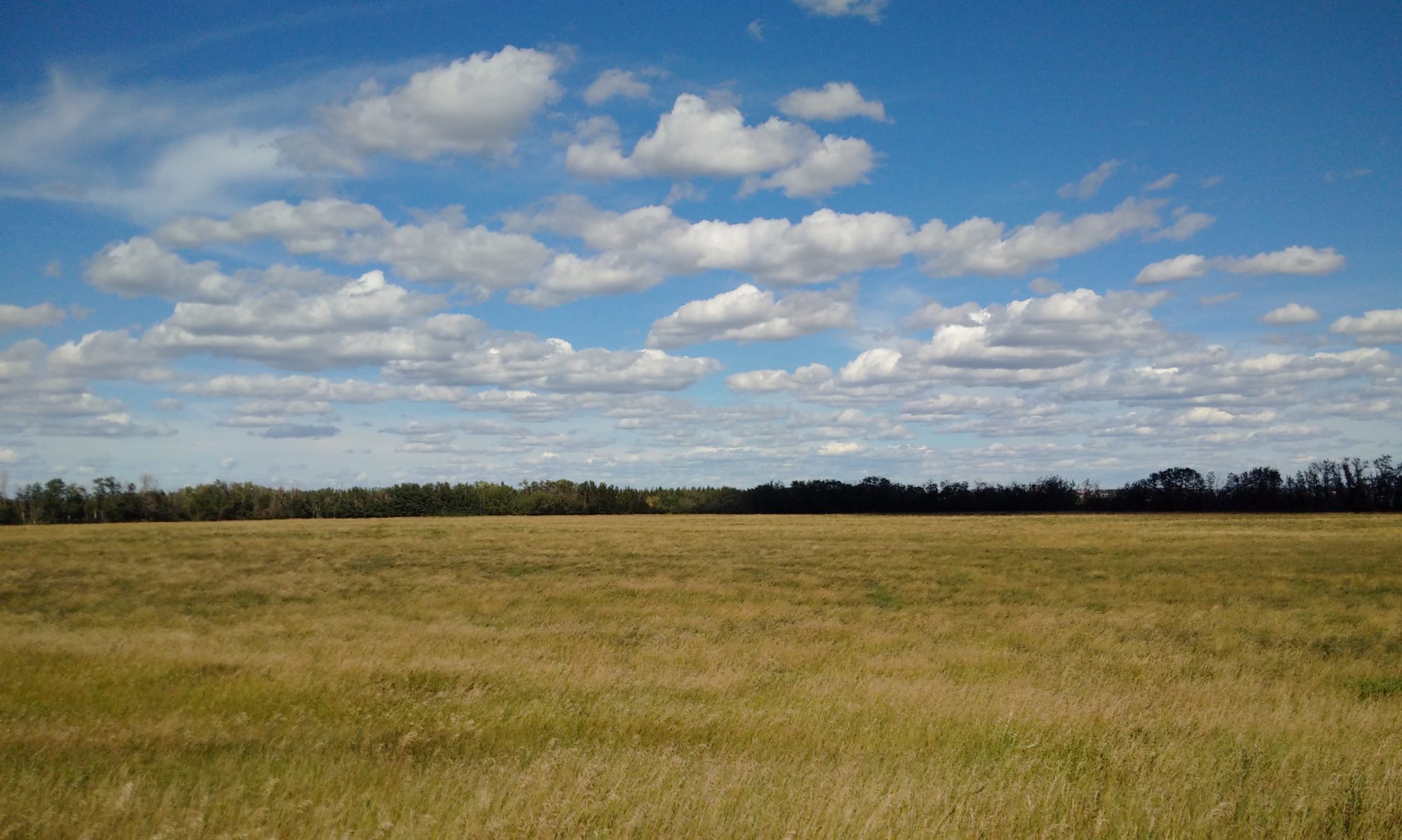Today is National Indigenous Peoples Day. For me, the day has always been a moment to pause and consider my connection to Mother Earth and all the beings I am in relationship with. Like many of us over the past few months, I’ve had a lot of time for pause and reflection. Now more than ever, I face each day with a heightened awareness of my connection to the world around me. In a society amidst a global pandemic, on the verge of economic collapse, how we rely on and support one another has challenged me more than ever to consider All My Relations.
Earlier this month, our support for one another – especially those who differ from ourselves – became the basis of protests and rallies across the globe. As the Black Lives Matter movement gained renewed momentum to our south, individuals and institutions alike have begun to consider the systems they enable that allow for racial discrimination to thrive. This has led to BLM support statements, social media blackouts, and lists of commitments to do better. For a racialized person like me, this increased awareness of inequity is met with both hope and cynical distrust. More people showing up in support of those who are marginalized and mistreated shows allyship but what makes this time different and what will actually change?
I have been on a journey of educating others about how to be an ally for Indigenous Peoples and social injustice for decades. This work is intentional, emotional, and constant. It requires me to balance between patience and pushing, which most days I struggle to manage. When protests spark conversations in the media or online, the questions flood in from all directions: how do I be an ally in a movement that has nothing to do with me? is often the basis for these questions. The answer: it has everything to do with you and what you do, or don’t do, in response can be the reason for the movement’s success or failure. If you are a part of the dominant, white settler society, your voice and participation holds power. These systems of inequity are created by and can be brought down by people like you.
Are you actually interested in being an ally? Start doing the work and prove it.
Share the Labour
When protests led by racialized peoples spring up in your community, your first inclination as a SJW may be to create a sign and show up in support. That’s a great first step. Being an ally starts with being present, physically and emotionally to offer support. But being there should not be the only way you show up in this conversation. Consider volunteering and taking on some of the labour required to host the rally. Help moderate and manage comments on social media, offer to secure food and water donations, support event logistics and crowd monitoring – all the extra burden that organizers take on on behalf of the attendees.
Learn Something and Pass It On
Ongoing learning on issues of racial bias, systems of oppression, injustice, and colonization is a shared responsibility. Don’t put the duty to educate yourself on the shoulders of BIPOC. I don’t know how many times I’ve been asked to teach someone everything they need to know about being inclusive in one coffee date. Start reading books and blogs that challenge your own perceptions then share with others what you are beginning to learn. Start a conversation on your social media, introduce a learning activity in your next staff meeting, or pass along the book you’ve read to your dad – encourage those around you to also learn.
Audit Your Influences and Actions
Think about all the circles you are a part of – your closest friends, your work colleagues, your social networks. How is diversity represented, or not, in who you spend your time with? Who are the voices that influence your conversations and challenge your perceptions of the world? Through your paid and unpaid labour, who do you support but are not included in the planning, process, or evaluation of that labour? What perspectives are missing? What are the identities you know nothing about? Most importantly, what are you going to do about the obvious gaps you identify around you?
Be There in the Good Times Too
True allyship shows up in celebration and in hardship. Partners are there to help carry the load when things are difficult, honour victories and successes, and work alongside the mundane – all the times when true relationship and connection is formed. Find time in between the protests to get involved in diverse communities by volunteering at festivals, listening to webinars, and following the lead of those who you need to learn from. As much as I want to see you at the next protest against police brutality, I also want to see you at the next pow wow.
Systemic racism against Indigenous Peoples and other POC has been built and perpetuated over centuries by people in positions of power and privilege. If you want to show support for change and be part of the road to equity, you have those opportunities everyday. Don’t wait for the next rally or protest to claim you care, find concrete ways to rally your support everyday.
You with me?
The preceding blog was commissioned by the Canadian Art Gallery/Art Museum Educators (CAGE) and also appears on the organization’s blog.
